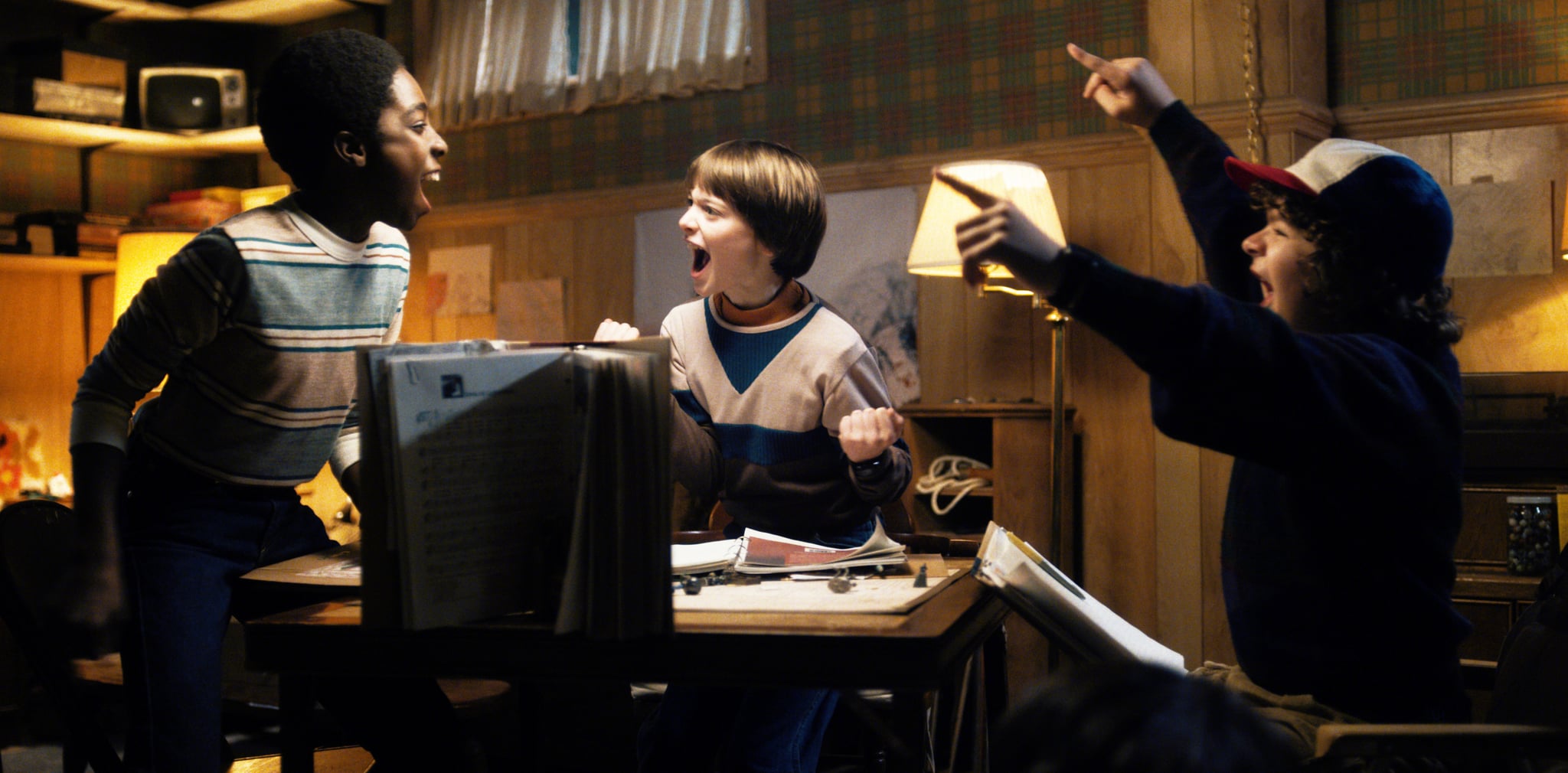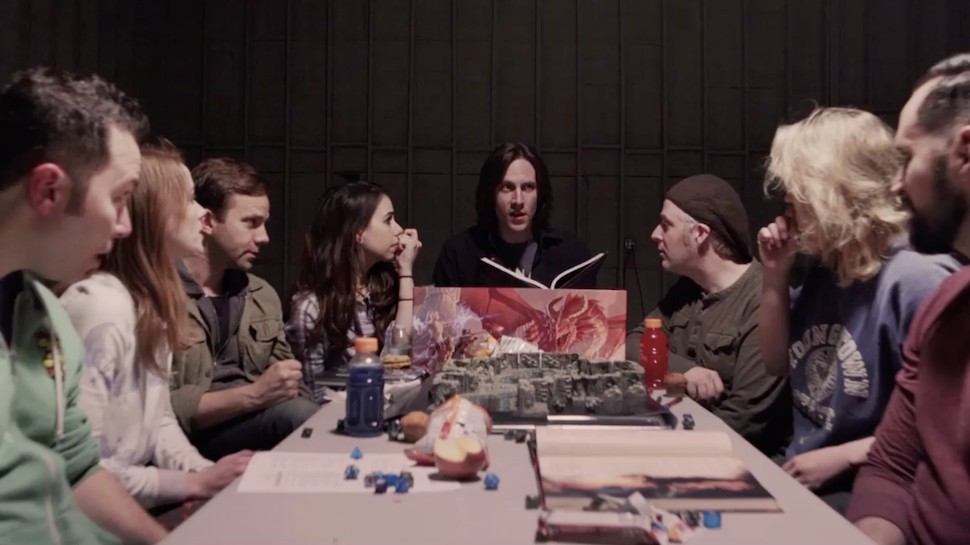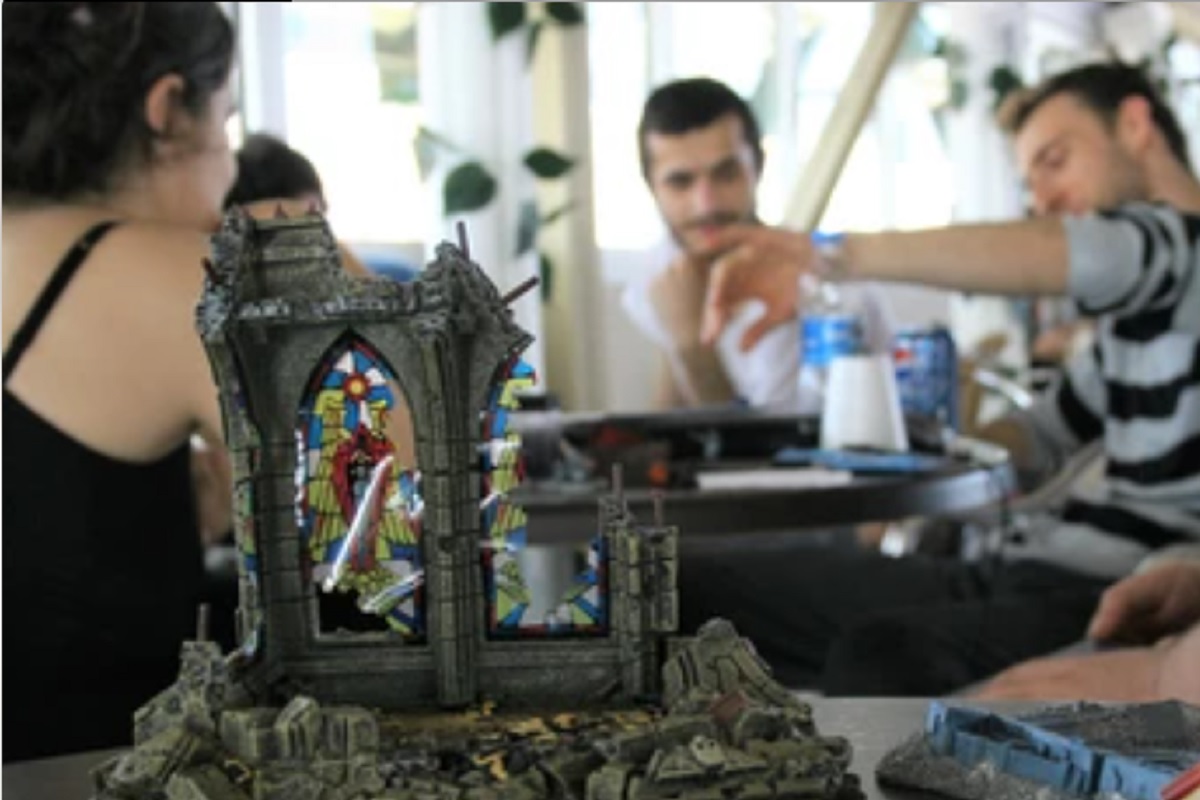Dungeons and Dragons is a popular role-playing game. It takes a lot of preparation, effort, and patience to make a session work, but oftentimes they don’t end up working at all. D&D games often fall flat because the players aren’t willing to do any of those things, and without the whole team on board, the game just won’t be fun.
If you find your games of D&D just don’t ever seem to work out, this is a list of tips and tricks for you! Read on to find our tips and tricks for being a better D&D player, and for cultivating a better game playing experience for all those involved.
Make An Effort As A Player
Before The Game
Before showing up to a D&D game, you need to make sure you’re prepared. One of the most frustrating things for Dungeon Masters and other players is for someone to show up to a game and take up a lot of the designated playing time coming up with a character backstory or learning about the various mechanics and spells in the game.
Ideally, you should have a decent knowledge of this before the game starts.
You should turn up to a D&D game with a notepad, pencil, eraser, and a player’s handbook. This is so you can keep track of everything that’s going on, you don’t want to miss anything important!
Of course, nobody is expecting you to know the rules of a D&D game inside out, especially if you’re new to the game! You’re allowed to look at a rulebook or ask for opinions during a game, just don’t show up without prior preparation or research!
During The Game
During a D&D game, you should always pay attention and remain invested in the story. D&D is a role-playing game, and RPGs should be fun! However, they’re only fun if all players are participating with enthusiasm, if a player scrolls on social media or starts up a random conversation while others are taking their turn, it can take away the enjoyment of the game for everyone else.
Not only that, but not paying attention can slow down the game for other players, so you should know that if you show up to a D&D game, you have to be invested for the entire game.

Put Effort Into Your Character
D&D is all about role-playing, so for the time you’re in the game, you’re playing the part of someone else. This character you play needs to be fleshed out with a great backstory, personality traits, values, a balance of strengths and flaws, and a motivation that gives them a sense of purpose or direction.
Before the game, you should take the time to create this character, and think about who they are. This is helpful when it comes to game day, as you will know how your character would act in various situations. It will also move the game along faster and make for a more immersive experience.
Luckily, the Player’s Handbook has great material that can help you, especially if using the Fifth edition.
Get To Know The Other Players And Characters
Caring about your character in a Dungeons & Dragons game is a great thing, but don’t forget to become emotionally invested in the other players and characters, too!
The tension and emotion in D&D comes from caring about what happens to your character. You want them to grow, and to come out on top in a risky situation. You despair when they’re hurt and miss them when they’re gone. These emotions become even more intensified when you care about the other characters, and it makes for a better game experience.
Not only that, but it will create a strong sense of interdependent working and build bonds between both the characters in the game and the players outside of it. A huge part of Dungeons & Dragons is fostering these relationships and enjoying the journey of the game, as opposed to playing to win (although that is a big part of the fun!)
Work With The Other Players
Don’t forget you are not the only character in this roleplaying game! You should be working as a team with your fellow players, and not playing the lone wolf card (at least, not all the time.)
When facing trials and challenges during the session, it is a good idea to involve the other players. Their Player characters (PCs) will have a wide range of abilities that can be used to solve the problem. Not only that, but giving everyone a role during a fight or quest will make for an unforgettable experience, and will make the game fun!
Ask For Opinions During The Game
Regarding the aforementioned point, while you do want to work with the other players, it is important that your suggestions for their role in a specific quest are just that; suggestions. Many people don’t like to be told how to use their powers, so it’s important to ask questions and get opinions and creative input before making a decision during the session.
It is important to look out for players who are new or haven’t spoken in a long time, to see what they think about the next move. This is a great thing to remember if you’re the game master, as you have more of an opportunity to go around the table and make sure everyone is involved.)

Don’t Hog The Spotlight
It is important when playing a Dungeons & Dragons game that you don’t always place yourself at the center of attention. Naturally, there will be louder and quieter players at the table, but everyone should have their say and have the opportunity to take charge of the situation.
Don’t Metagame
Metagaming is the process of using the knowledge you have as a player to inform the decisions of your character. For example, if your character is a young and inexperienced farmhand, they’re not going to know specific details about the game’s world that a wise old wizard would. Therefore, they should not make a decision that a wizard would make, but make a decision a lowly farmhand would make.
It is tempting to participate in metagaming because it seems like the best way to win a game, but this is not the primary purpose of D&D. The aim of the game is to experience failure, accidents, mistakes, and death of the characters, and go through the game as a team no matter what happens.
Therefore, you should not be scared to make bad choices if it makes sense for your character.
Don’t Make Things Difficult For The Dungeon Master
Being a dungeon master is not always easy. It can be difficult to come up with an entire game and not make the occasional bad call, mistake, or get frustrated at other players throughout the game.
It is often the case that the DM is taken for granted, and they’re constantly questioned and ridiculed throughout game sessions. Don’t forget it takes a lot to make a game work, and it is more important that you’re having fun with your friends than it is for the dungeon master to have made the perfect D&D game.
Conceding And Compromising
Speaking of the dungeon master, it is okay to disagree with them! Every player’s points should be respected and listened to, but you should not get angry or confrontational with the DM while discussing a point.
Sometimes, the DM will understand your perspective, but sometimes they don’t. In the latter case, it is best to accept the decision, even if you don’t agree with it, and move on with the game.
Of course, in an ideal game session, there will always be compromises, and that is what all players should try and aim for. We find that the best way to compromise is by rolling the dice.
Show Some Love!
It is good practice to say “thank you” to the DM for putting on the game session. It may also be a good idea to bring snacks and drinks for sharing with the other players. Don’t forget to take on your fair share of hosting responsibilities, too!
Final Thoughts
D&D is a roleplaying game that relies heavily on teamwork and enthusiasm to make the game an enjoyable experience for all. To be a better player, all you need to do is to write a great character that can interact well with other PCs so you can work together to solve problems.
It is important to ask them questions and to share the spotlight with them. It is also important to come to the games prepared with equipment and a positive attitude, respect the DM, be willing to compromise, and share game hosting responsibilities.
If you do all of this, the other players will appreciate your excellent D&D etiquette, and your games will always be fun, fruitful, and everyone will look forward to the next.






